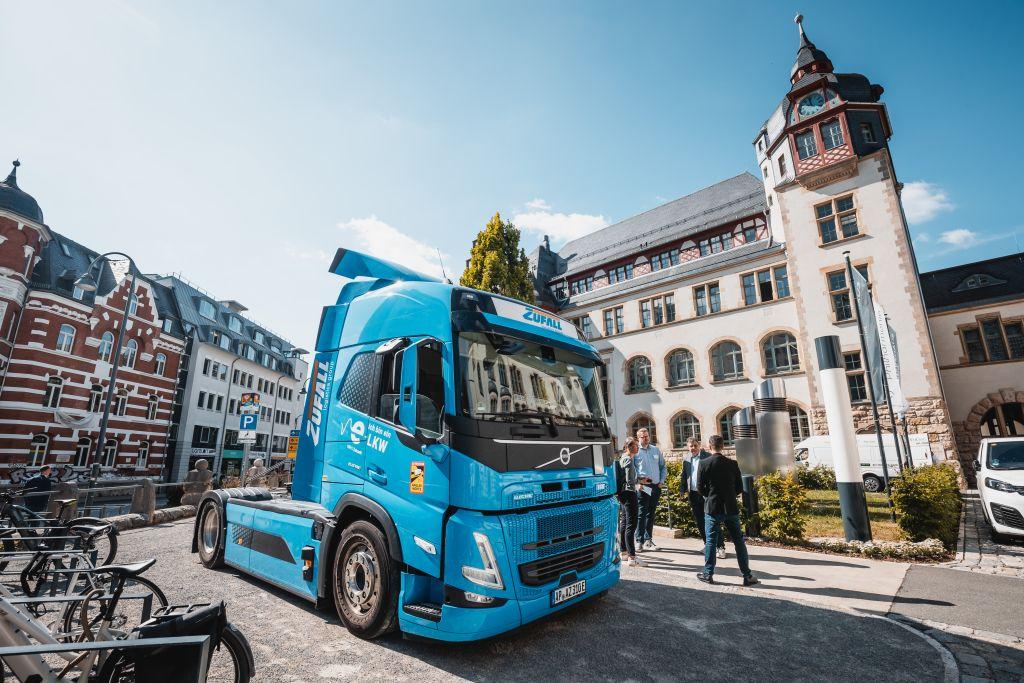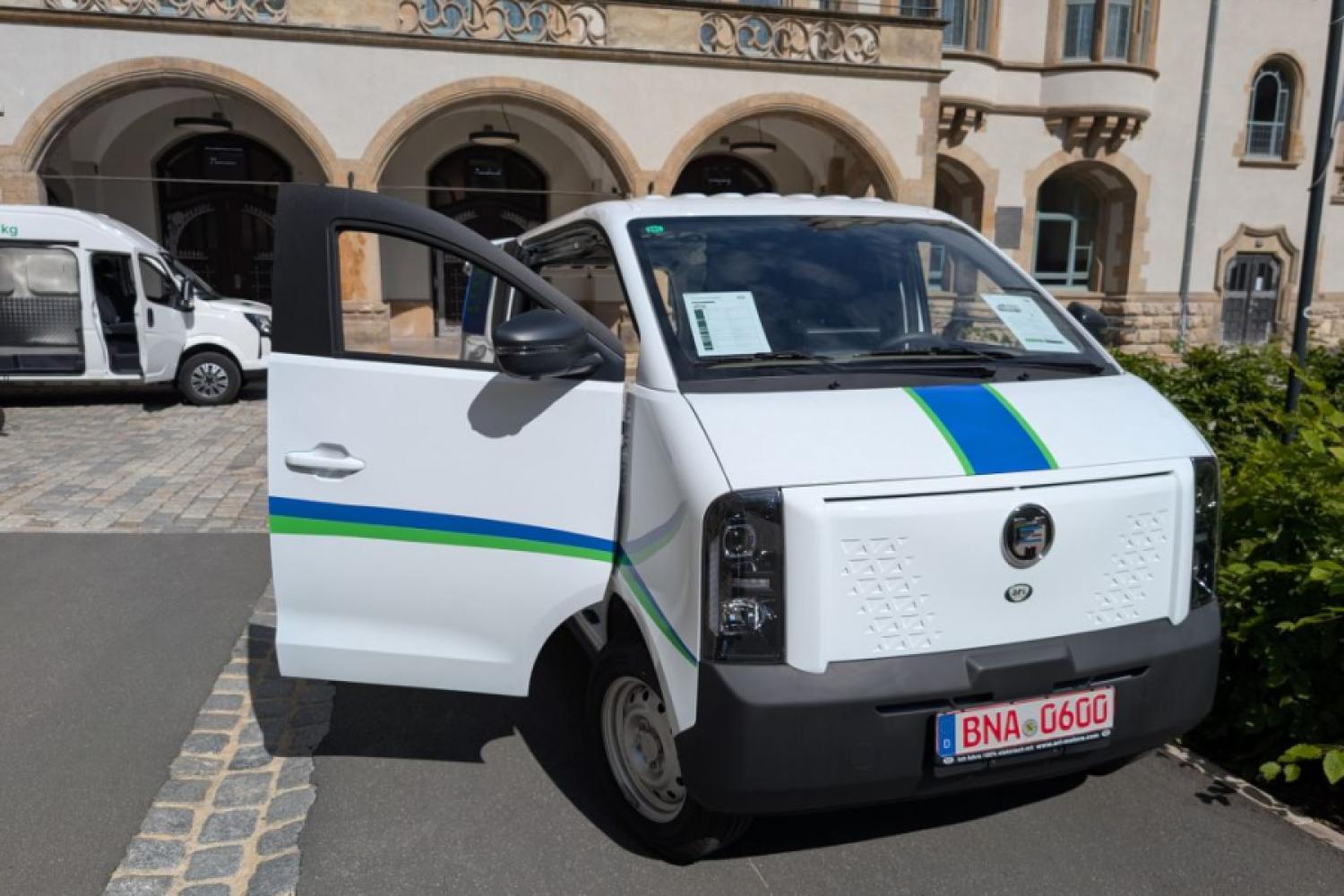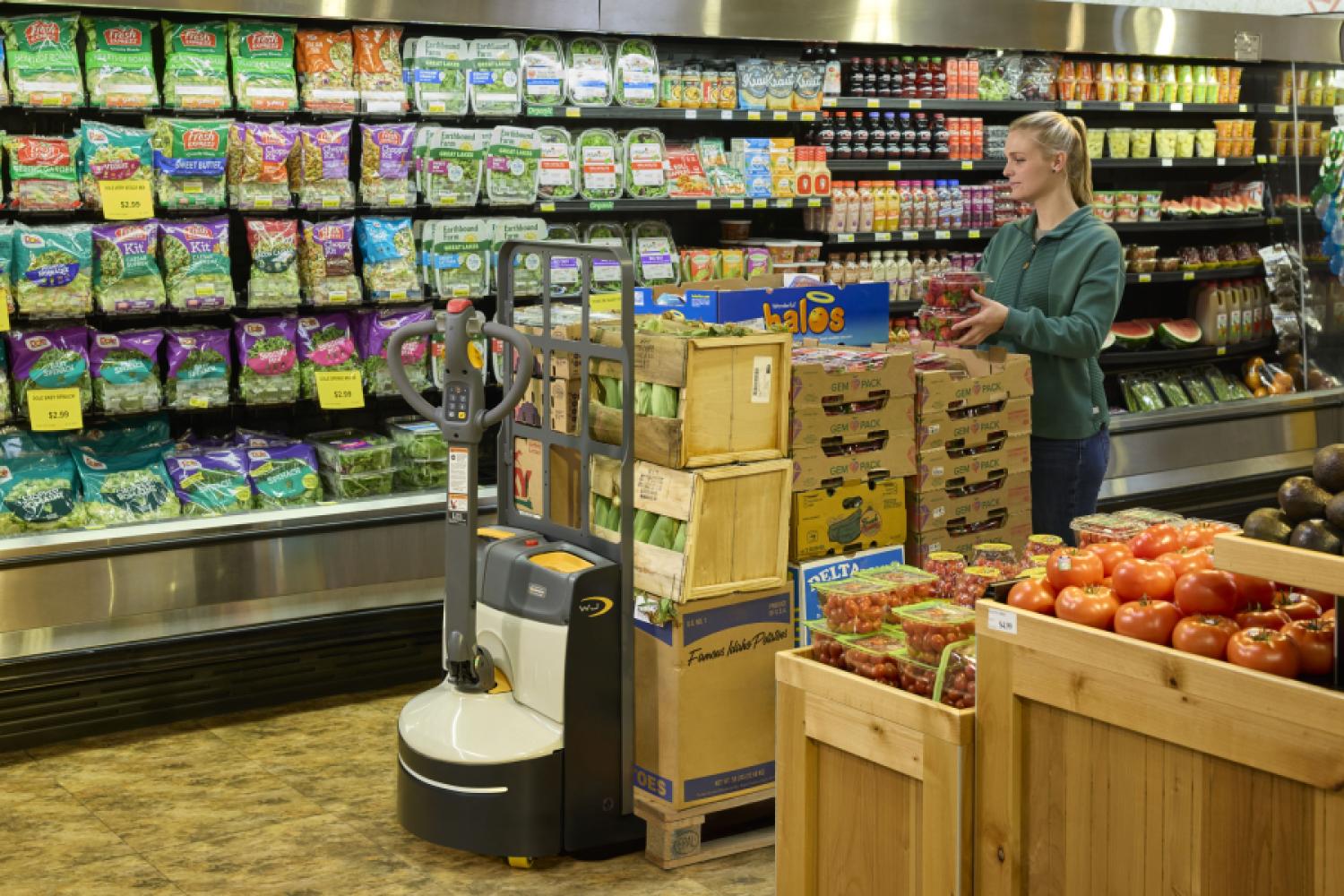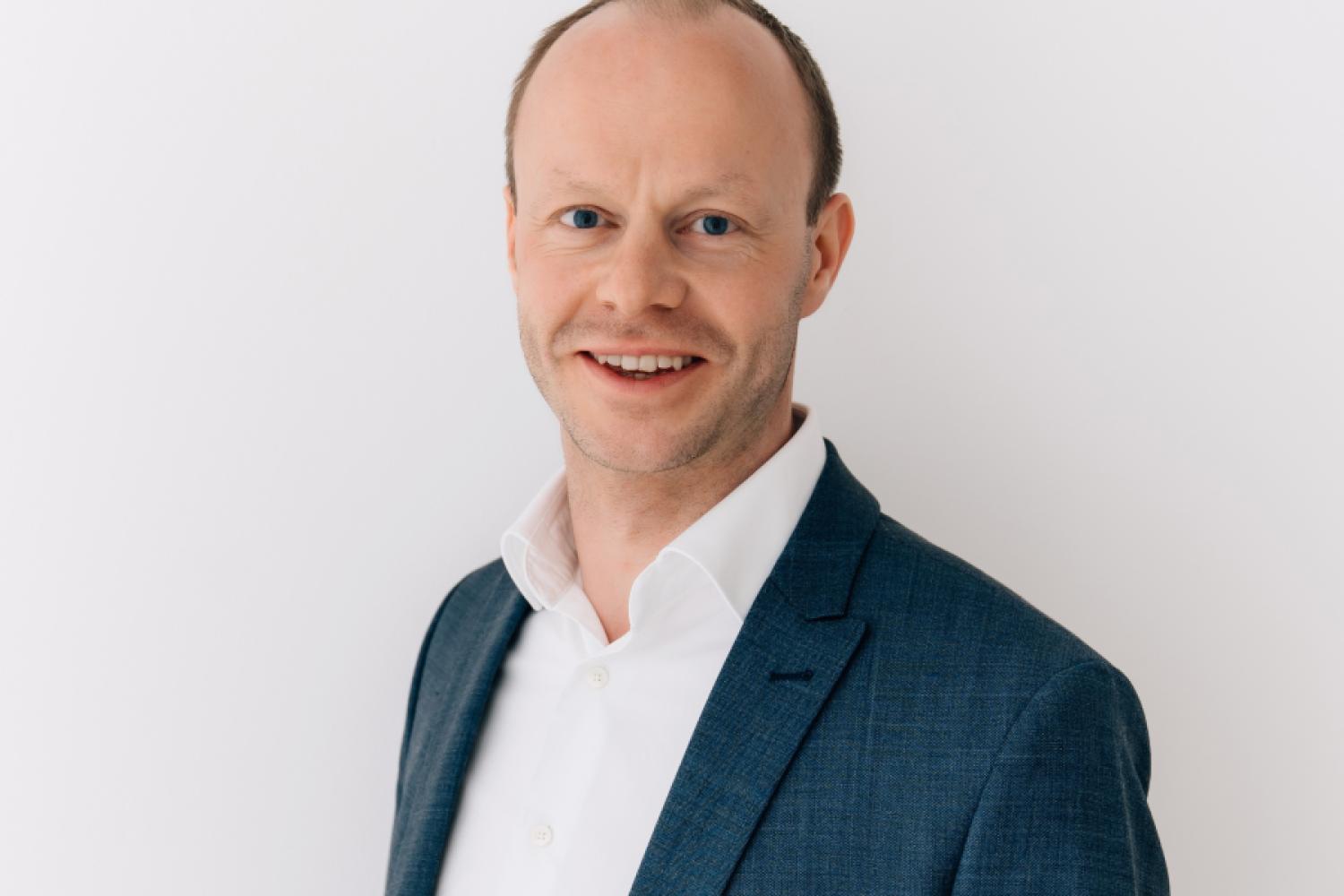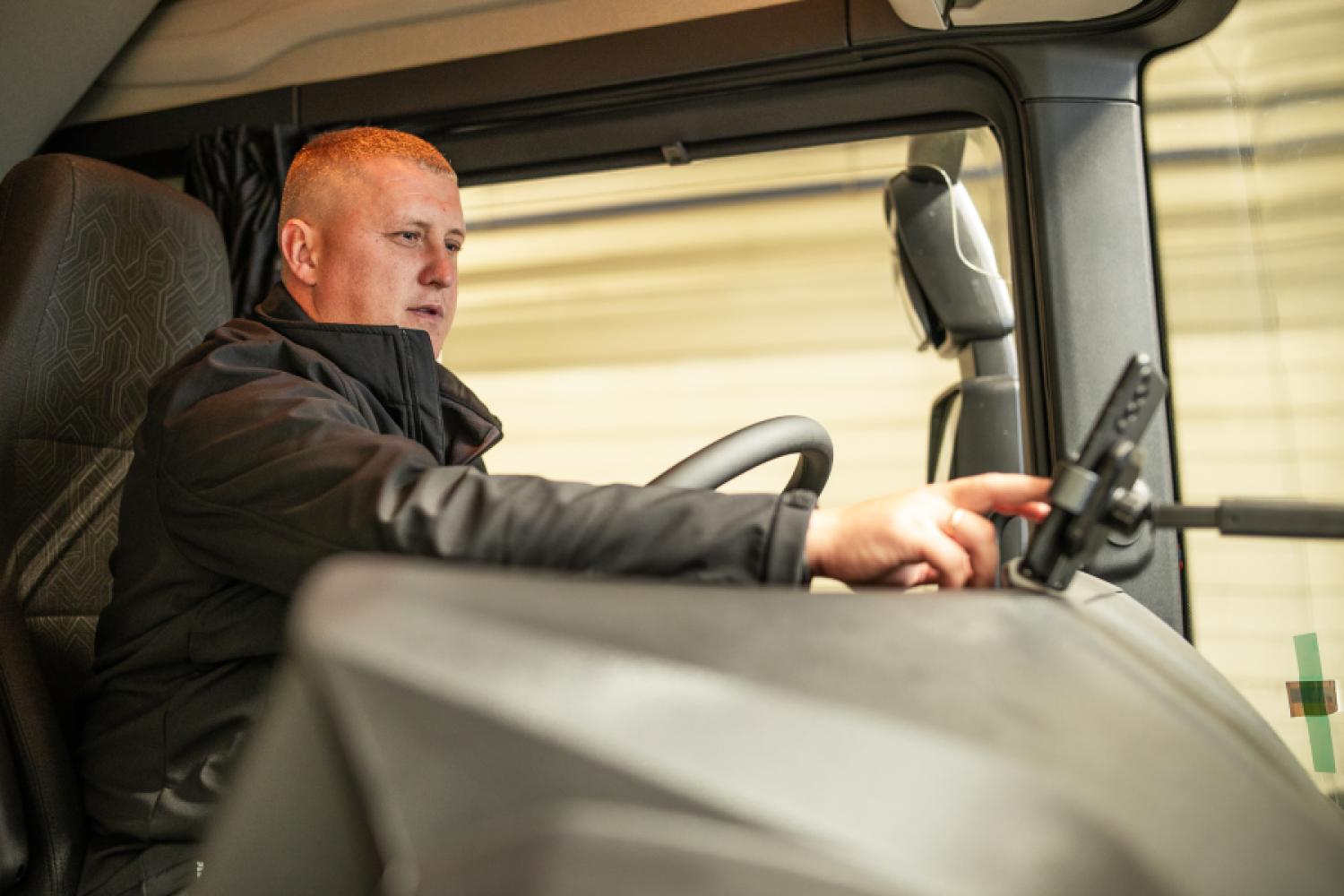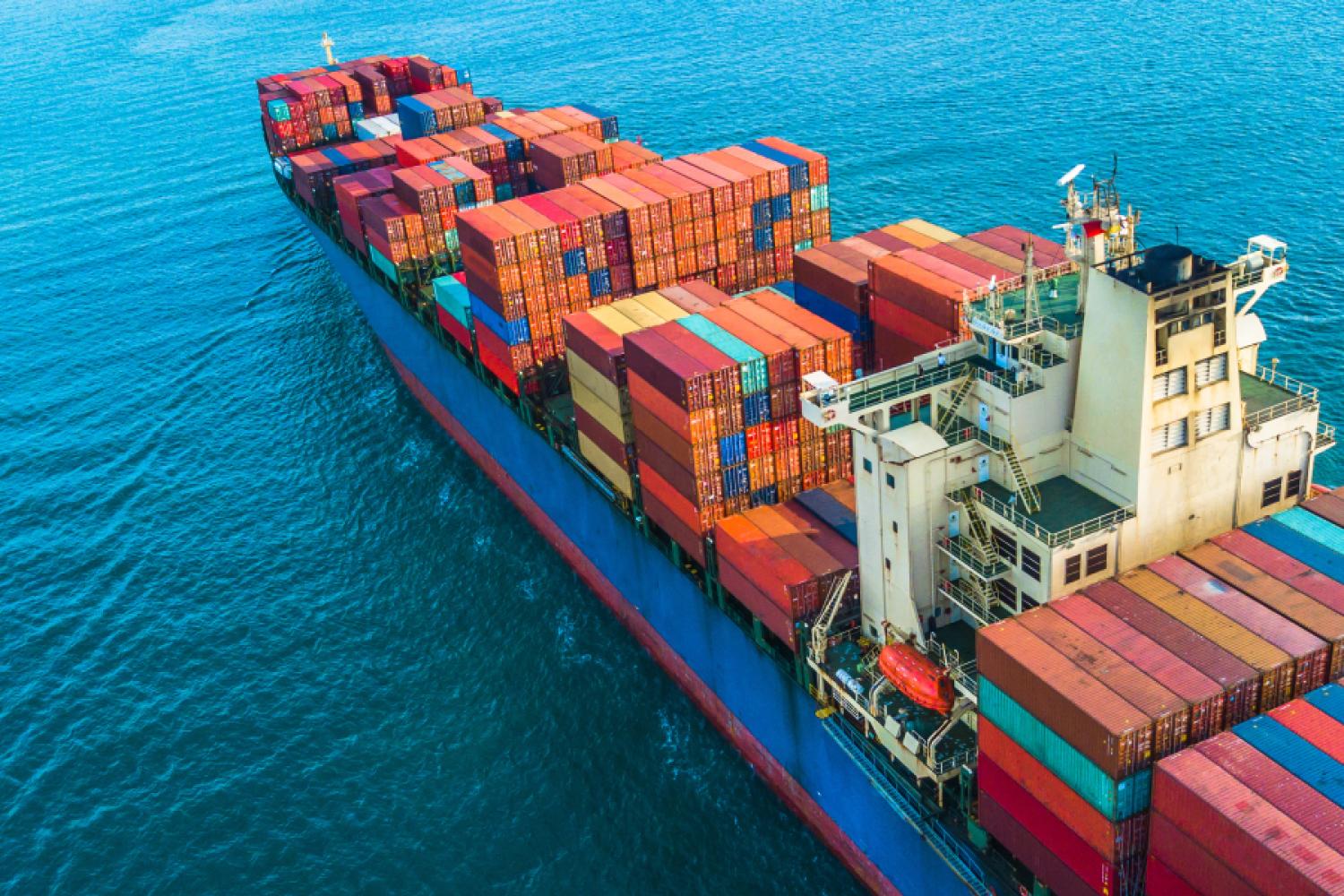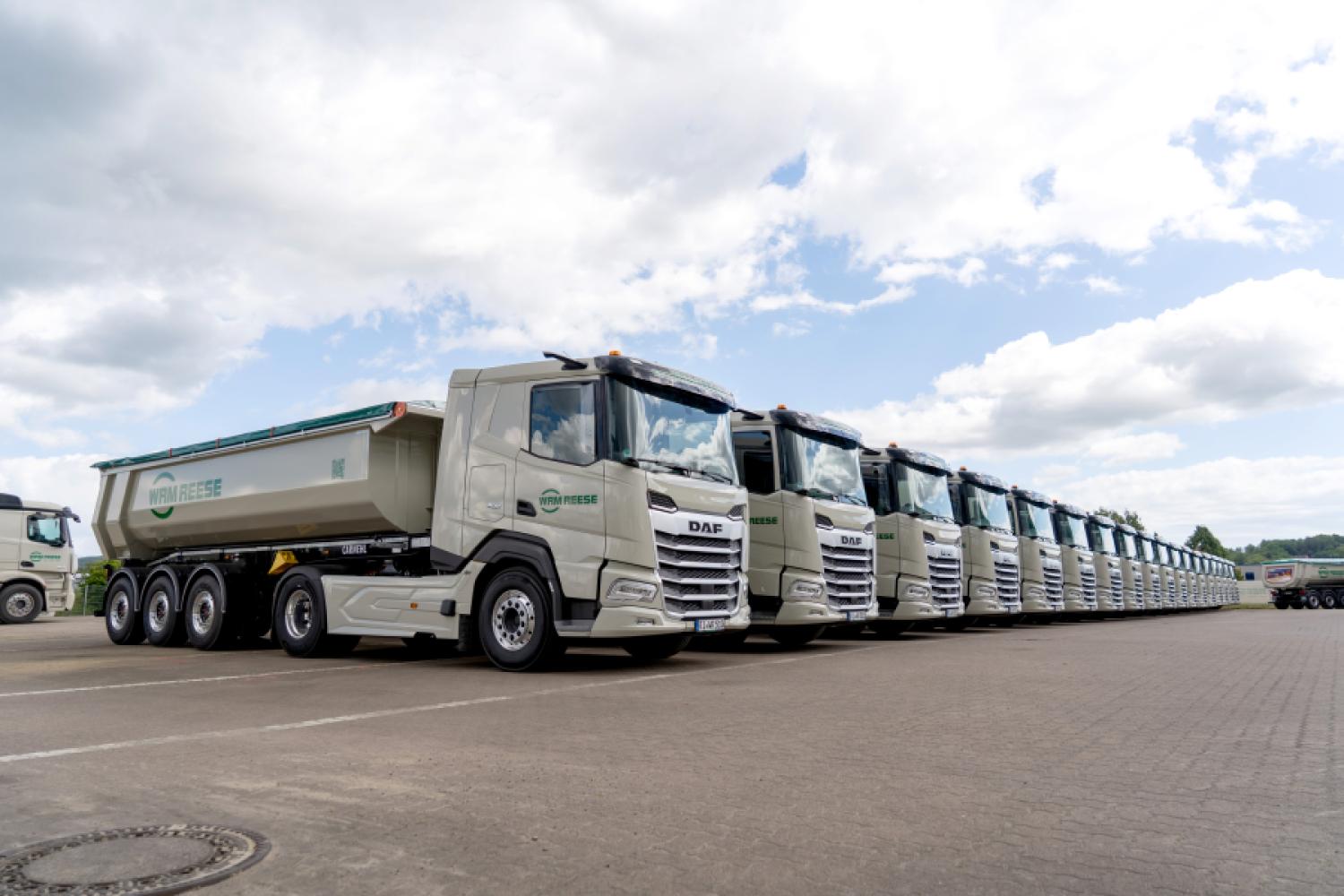"Away from fear, towards perspective" was the message promoted by the Jena city development and environment officer Dirk Lange at the 11th Smart City Congress in Jena. Much like State Secretary Mario Suckert from the Thuringian Ministry of Economic Affairs, who sees the "crisis as an opportunity" to "rethink old ways and try new things," Lange emphasized the opportunities of change.
It is clear that future-oriented development depends on "taking people along, step by step, in the transformation process." This, by the way, is not an ideology-driven endeavor, Suckert emphasized, but a technology-open search for the best solutions for more sustainable logistics, where, currently, battery-electric mobility is clearly in the lead.
Cities and municipalities, in turn, could serve as "nurseries of e-logistics" and as laboratories. According to officer Lange, Jena is working with AI-supported traffic lights and a city logistics concept with microdepots. While in the future, there are plans to set focal points for sustainable logistics in rural areas with special programs, as Suckert announced. However, there is no need for further "lighthouse projects," but rather "best practices," as the technologies are already available, said the State Secretary. Support for the municipalities is intended.
According to Carina Heinz from the German Institute of Urban Affairs, municipalities already have room for maneuver available for traffic transformation and improved urban logistics, which they could utilize. For example, through the new possibilities of the reformed road traffic regulations, keyword delivery zones. This could address the major problem of second-row parkers, primarily craftsmen as well as CEP vehicles, thereby improving traffic flow and safety.
Municipalities have room to maneuver
Municipalities like Munich are "courageously" interpreting and exploiting the legal framework. In Bonn, they operate with so-called "commercial parking zones," and in Konstanz, they are testing provider-neutral package stations on municipal properties. Tools like Zero Emission Zones or a City Toll are also needed to achieve more sustainable traffic. Logistic companies should definitely use the channels and conversation opportunities with municipalities, and the latter, in turn, need the impulses from practice. The goal here is to turn projects into permanent structures.
To make the currently often twice as expensive e-commercial vehicles economically viable for entrepreneurs, the political framework needs to be properly set, Suckert continued. The politician interpreted the currently almost negligible share of 0.5 percent e-commercial vehicles in Thuringia as "enormous potential." The goal now is to
demonstrate the advantages of new technology, and then the entrepreneurs will switch, Suckert was convinced.
Giving impetus for change
The SCL wanted to once again provide impetus for smart change and give examples of how it already works today with more sustainable urban and general logistics. Modernity must also be reflected in an environmentally friendly and socially compatible design of commercial transport, was the maxim of the organizers around Harald Hempel, responsible for research, sustainability, and compliance at Dako, the event and transport software specialist. "We are a relaxed group working solution-oriented with a clear practical view," outlined Hempel.
Test drives for relaxation
State Secretary Suckert highlighted the various perspectives the SCL Congress offers. Both a technically driven development and the networking of participants are indispensable for this. In addition to representatives from state politics and municipalities, the approximately 100 congress participants included researchers from universities and scientific institutes, active members of the transport industry, as well as vehicle manufacturers and suppliers of vehicle technology. The content impulses and debates in the lecture hall were supplemented by the opportunity to take test drives with various alternatively powered vehicles on the roads around the congress site, for example from Ari Motors, Piaggio, and Volvo Trucks.
Not a coincidence: How a logistics company intentionally shifts gears
The latter was brought to Jena by the representatives of Zufall Logistik - and they were happy to showcase it. As well as their "path to electromobility - from A to B with E," as Bärbel Krauß called the concept. The guiding idea is to resolve the tension between "people, planet, profit" as well as possible, as a family business naturally also aims for "grandchild-friendly" logistics. Years ago, a "climate action plan" was introduced and no decision is made without considering the impact on people and nature. A narrow ridge, Krauß noted, as ultimately financial stability is needed in the chronically low-margin industry to manage the indispensable transformation towards electromobility as well as electric power supply.
Own power generation is mandatory
For instance, one million euros was invested in their own PV systems to ensure that their sites and especially their own e-trucks, now 20 percent of the truck fleet and 50 percent of the company cars, are also powered by sustainable electricity. Despite the current rollback and debate about a "combustion extension," they are not taking a step back.
New company cars are generally being replaced by pure e-cars. An own charging infrastructure was also built, with 16 charging points available at five locations, meaning external charging is almost non-existent.
New product "Premium e" costs only slightly more
This allows demanding night routes within the network to be maintained with almost no sacrifices in time management. Short charging impulses on-site are enough to achieve sufficient range. In the long run, there is also consideration of expanding into energy supply, although that is a completely different business field that they are boldly approaching. Challenges like sustainable transport to the Paralympics for Otto Bock or pilot projects like the electric logistics chain for e-scooter specialist Niu have also been mastered.
From this emerged the new product "Premium e," which, Krauß argued, is not as much more expensive for customers as one might assume. Looking ahead, they are already calculating in such a way that e-mobility must be profitable without toll privileges or state support. They incorporate not only the pure TCO but also environmental aspects and the regulations of the upcoming ETS, European Emissions Trading Scheme for CO2. To verify whether these efforts are bearing fruit, they use the Shipzero software, which allows precise CO2 accounting. However, it is clear that all the sustainability measures mean the "black zero" will come later. But there is no alternative, according to Krauß.
Weinhut: How AI helps streamline processes
How AI can help a medium-sized company make processes more efficient and ultimately have the power for transformative investments was vividly demonstrated by Andreas Weinhut from the eponymous company, which operates CEP logistics with 80 vehicles and 160 employees, of whom 25 are AI assistants, as Weinhut wryly introduces. He feels "regularly overwhelmed" in light of problems like driver shortages, bureaucracy, and weak margins, the admittedly very digitally affine company boss acknowledged frankly. And he outlined how generative AI helps him streamline everyday life, akin to an "apprentice who is constantly learning," as Weinhut describes.
Driver videos in Romanian
His applications range from creating a one-pager for a pickup tour, which remains in the vehicle and thus functions as a precise "route guide" in case of a driver substitution. He dictates a presentation for a recruitment day in ten minutes in the car, creates a briefing, and completes a fully developed presentation in which he only has to insert
the images. 30 minutes instead of three hours, he says. Or video messages to drivers, which he previously recorded only in German.
Now they are also available in English, Romanian, Arabic, Russian, in the tone of his voice, including lip synchronization. When the workshop business was expanded to external vehicles, AI helped him with the otherwise extremely complex creation of general terms and conditions. Tricky data protection issues regarding the installation of a dual dashcam in the vehicles were also tackled with the help of a "prompt engineer."
The processes have become "faster, more precise, more efficient," he simply has more time since he started "playing" with his AI assistants, as he puts it. However, Weinhut emphasizes that he uses AI "value-adding" to optimize processes and not for fun. "Every prompt is worth it," he asserts, with regard to the energetic resources of AI.
When trucks book workshop appointments themselves
Jan Güttinger from Bosch echoed a similar sentiment from a different perspective, outlining how vehicles will soon book their own workshop appointments, keyword "touchless maintenance." Wolfgang Schmid from Webfleet and Bridgestone Mobility Solutions also advocated that digitization and AI in fleet management can help streamline processes. But it's not just software, smart hardware can also help reduce the CO2 footprint, as Nathalie Radel from Bosch advertised for her Retrofit Efficiency Module, which is supposed to enable up to four percent less fuel consumption.
Software meets hardware: Flexis aims to reinvent vans
That both clever software and efficient hardware are needed was finally "merged" by Enrico Kleinfeld from the Volvo Trucks-Renault spin-off Flexis: Here, instead of LCV (light commercial vehicles), they want to offer SDV (Software Defined Vehicles) in the future, electric vans that make financial sense for the customer from the start, thanks to high payload, range, fast charging technology, and efficiency concept. Such a new approach was not possible within the tight framework of established OEMs with their ingrained structures, says Kleinfeld, who has extensive experience with van OEMs. As became clear once again in Jena, there is truly no shortage of products and solutions. However, currently, politics and society are still in their own way. There is a glaring reluctance to buy and skepticism towards electric vehicles, confirmed Thomas Kuwatsch from Ari Motors. It's good that a "relaxed, solution-oriented group" in Jena is showing ways out and emphasizing opportunities instead of stoking
